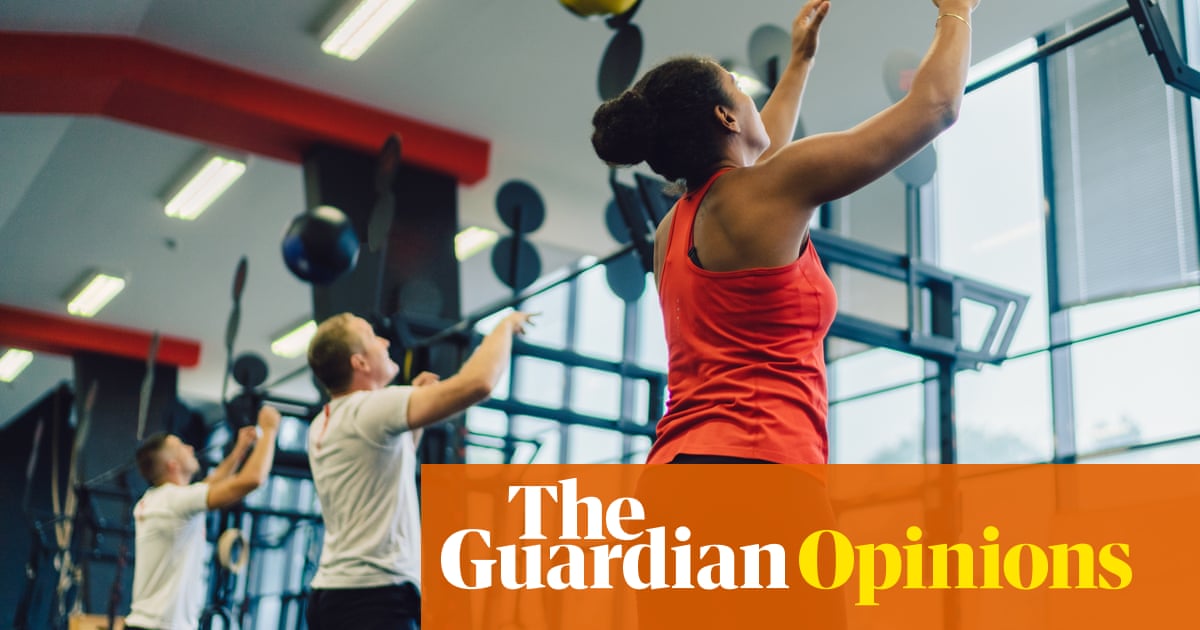Is exercise really better than drugs for cancer remission? It’s an appealing idea – but it’s misleading | Devi Sridhar

You might have seen the recent headlines on a new study on exercise and cancer recovery suggesting that “exercise is better than a drug” in preventing cancer returning. Cue a wave of commentary pitting “big pharma” against fitness, as if we must choose between pills and planks. It’s an appealing narrative – but it’s also misleading.
We don’t need to choose between the two. In fact, the best health outcomes often come from combining medicine with a broader view of health that includes movement, diet, social connection and mental wellbeing.
Let’s consider what the study, published in the New England Journal of Medicine, actually looked at. It focused on colon cancer – the third-most common cancer and second leading cause of cancer-related deaths worldwide. Between 2009 and 2024, researchers set up a randomised trial across 55 centres – mainly in Australia and Canada – where 889 patients who had had surgery for colon cancer, and who had completed chemotherapy, were split into two groups randomly. Over a three-year period, one group received a structured exercise programme (the exercise group of 445 patients) and the other received health education materials alone (the health education group of 444 patients).
One thing you may already have clocked here is that the patients all received chemotherapy after their cancer surgery. So nothing about the experiment put exercise head-to-head with cancer medicines. Instead, they asked what kind of exercise support after surgery and chemotherapy treatments might improve overall health, and potentially keep the cancer from recurring.
The structured exercise group received health education materials, such as an exercise guidebook for colon cancer survivors, and support from a certified personal trainer for three years. In the first six months, they received 12 mandatory in-person behavioural-support sessions, 12 mandatory supervised exercise sessions plus 12 optional supervised exercise sessions. Over the next two and a half years, the frequency of in-person and supervised sessions slowly decreased to help patients transition to more independent exercise routines. In contrast, the health education group received only general health education materials on the benefits of physical activity and a healthy diet.
At a median follow-up of almost eight years, disease-free survival was significantly longer in the structured exercise group (90.3%) than in the health education group (83.2%). Both groups increased their physical activity levels over the three years, but the structured exercise group met the goal of increasing moderate to vigorous physical activity. This roughly added to their existing activity levels about an hour of brisk walking three to four times a week or a 30-minute jog three to four times a week. The better health outcomes could also be linked to the social contact that patients in the exercise group had, given they were enrolled in a structured and supervised programme with a personal trainer to support them and not left on their own.
What struck me, and the authors, from their study is that knowledge alone – even among those who have had colon cancer and have been advised to exercise – isn’t enough to shift activity levels. Structure, supervision and social contact matter. Being told to “move more” is easy. Actually changing your habits – especially after cancer treatment – is hard. That transition requires coaching, encouragement, and the support and time to build confidence.
We have known for a long time that a generally physically and socially healthy life can be very effective in warding off disease, even cancer. What this study actually gives us is some direction for the best way to make that happen, and a look at how positive the effects can really be.
Perhaps I’m biased as a personal trainer, but structured exercise is one of the best investments you can make for your health – whether it’s in recovery from cancer or trying to prevent getting cancer. This doesn’t have to be one-on-one gym sessions, which can be costly and out of reach for many. It could be joining affordable boot camps in the park – that cost as much as your morning latte – or free classes in discount gym chains. Plus, you might make a few new friends and improve your social life too. The real headline isn’t that exercise is better than drugs for cancer recovery. It’s that just telling people to move without offering support – ie the health education movement – isn’t enough.
-
Prof Devi Sridhar is chair of global public health at the University of Edinburgh, and the author of How Not to Die (Too Soon)




